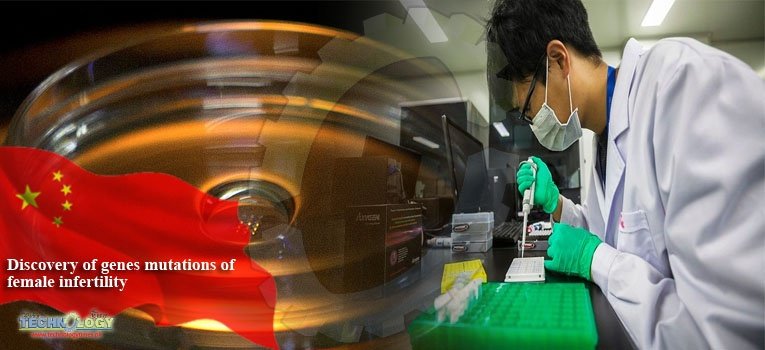Many women are unable to conceive and deliver a baby due to genetic problems caused by inherited chromosome abnormalities or single-gene defects. Chinese researchers have recently made a breakthrough in discovering the phenotypes and genes responsible for female infertility.

Phenotypes are the observable properties of the human body. Researchers from Fudan University in Shanghai and Shanghai Jiao Tong University identified four Chinese families with inherited female infertility and found a similar phenotype that their oocytes, or female reproductive cells, died before fertilization or within 20 to 30 hours after fertilization with sperm.
To understand the genetic cause behind the phenotype, they focused on the Pannexin 1, a protein in humans that is encoded by the gene PANX1.
Pannexins are a protein family that plays an essential role in cell-to-cell communication. Millions of cells communicate and work together to perform important bodily processes that are necessary for survival.
Identified more than a decade ago, PANX1 is involved in inflammation, infection, and cancer progression. However, previously there was no convincing evidence to show mutations in this gene responsible for any human diseases.
In frog and mouse models, researchers of the study discovered four mutations in PANX1 that are associated with such reproductive cell death.
Researchers named the phenotype as “oocyte death” and identified it as a new Mendelian disease, a genetic disorder caused by a mutation in a single gene.
The findings were published in the journal Science Translational Medicine.
Sang Qing, the lead researcher, said the study has provided an explanation for an inherited form of female infertility and suggested a potential target for treatment of this disease.